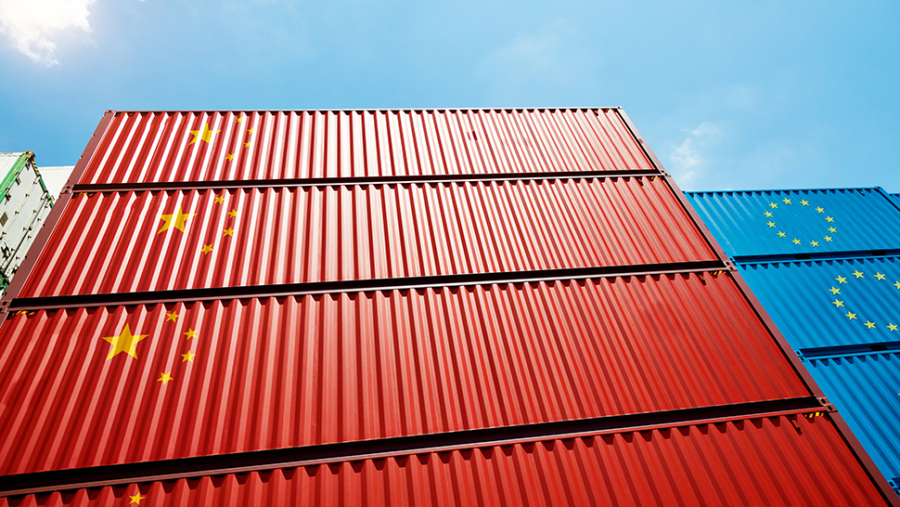

UK purchasers often purchase their raw materials or goods from abroad. Sometimes suppliers are introduced by friends, searched on B2B websites, or met at trade exhibitions. However, these suppliers don’t always work out.
The below outlines common ways to verify your supplier’s background information:
Check online background information and social media
You can simply check the supplier’s website, as any exporter or reputable supplier usually has its own official website. This will list the entity name, team, product, and contact information – and although the information obviously isn’t objective, it should give you a feel for the company. That becomes harder if the English language information is limited, but it is worth trying.
Many large suppliers list the names of their most famous cooperating buyers, so in some cases you can then try to verify this against the named buyers. However, that depends on you being able to access this information, which is unusual.
Retrieve company registration data
If you are using a Chinese supplier, for example, their entity should be registered in China. The company registration search can help understand their company’s shareholders and investment situation. However, company registration searches are becoming increasingly difficult for non-China based users, and search engines such as Google can’t usually access the entirety of the registration data. Nevertheless, China has set up more databases for different types of corporate information, and careful desk-based investigation can reveal a great deal.
Product survey
When an UK purchaser orders a batch of goods, some suppliers sign orders to obtain these without being able to produce the goods. The purchaser may then transfer this order to a third party or directly produce it without specific production capacity, resulting in them receiving non-conforming products. Providing basic samples and production capacity can vouch for the most basic product survey. Further product investigation requires more in-depth inspection, and important orders require more on-site inspection.
On-site investigation
We know that many orders with small amounts can be completed online by both parties, but it is best to do a physical investigation for orders with large amounts. This should include meeting supplier managers. Through a meeting in person, you can initially feel whether the manager or director can be trusted. More importantly, proper communication with each other can save time and achieve twice the result with half the effort. Additionally, it is necessary to inspect production conditions, including warehouses, factories, equipment, or workers.
Sales in China
As an example some suppliers harbour the desire to act as distributor for the products in China. This is a completely different area of law – and it is unusual for a supplier to have the same skillsets as a good distributor. At the very least, your products would need to be homologated – approved by an official authority – for China, and you should not simply outsource this to a third party without supervision.
Supply chain inspection
The process from preliminary negotiation to final delivery can be a long journey. On the one hand, the inspection of this process ensures the normal production of the goods required to be submitted.
On the other hand, suppliers who work via payment by instalment usually require part to be settled at every other stage to verify whether the supplier has truly completed their tasks and paid for the goods.
Otherwise, methods of stopping payment can reduce losses when realizing that the goods cannot be delivered on time or there are deviations in delivery. During this process, the purchaser needs to make effective agreements in advance on the transportation and payment method, amongst others, of the goods to prevent subsequent risks.
Typically, there is a great deal that a UK buyer can do by itself, although we can assist where required, either by open-source investigation or by running agents in the particular country itself.










